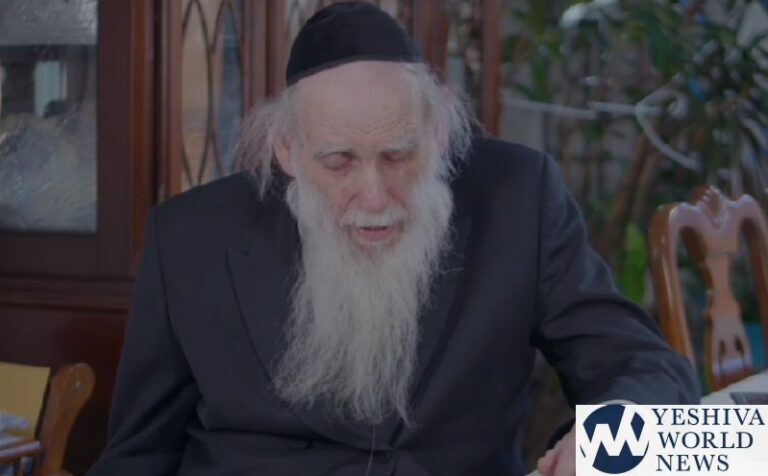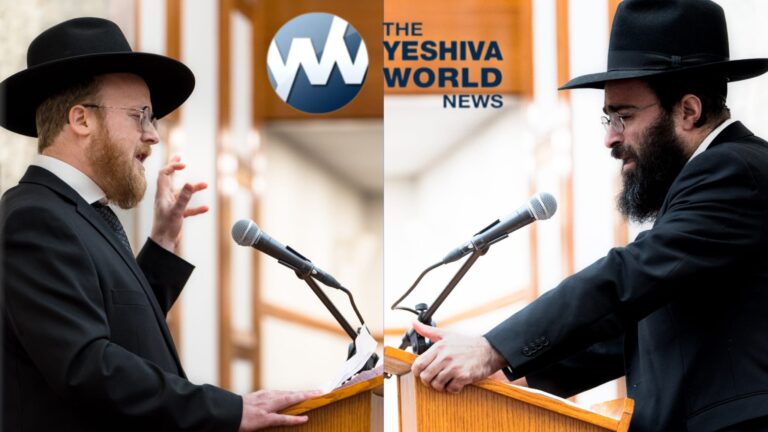 [By NYC Councilman David G. Greenfield]
[By NYC Councilman David G. Greenfield]
As New Yorkers, we are fortunate to live in one of the most beautiful cities in the world, and it is our responsibility to keep it that way. It’s a responsibility I take seriously, both in my role as a member of the City Council and as a life-long New Yorker who was literally born, raised and currently lives with my family in the neighborhood that I am fortunate to represent in City Hall. I can understand, then, why some might be surprised by my opposition to a bill that would impose a tax on the use of plastic bags in order to reduce waste in New York City. After all, I sponsored the Council’s most popular initiative, NYC Cleanup, which pays to clean the streets of every single council district. Every day, you can see folks sweeping the streets of 16th Avenue and Avenue J in my district, for example, thanks to this initiative. My opposition to this plastic bag tax, however, is a principled one. Let me explain.
The legislation in question, Intro 209A, would impose a five-cent tax on all paper and plastic bags given out by stores. The idea, the bill’s proponents tell us, is that requiring consumers to pay for bags will motivate them to bring reusable bags when they go shopping. It’s not a new idea: bag fees and taxes have been imposed in cities across the country, from Washington to Seattle. The problem is that they don’t work.
Take Austin, Texas, for example: City officials banned plastic bags there in 2013. Two years later, they found that the decrease in such bags through the city’s waste systems had been more than made up for by people simply throwing away their reusable bags. A commission appointed by the city to study the program’s results noted in its assessment that “the results do not indicate a clear success,” pointing out that reusable bags have a “very high carbon footprint compared to the single use bag.” The report concluded: “Simply reducing the usage of a product does not guarantee a positive environmental or economic impact … it is necessary to consider all viewpoints when broad reaching legislation is enacted.” We should pay attention to the lesson Austin offers.
This bill’s sponsors, however, don’t want us to consider Austin — or Chicago, or Los Angeles, or Seattle, all of which have seen similarly murky results. Instead, Intro 209A’s sponsors say, we should turn our attention to Washington D.C. It is there, they tell us, that a plastic bag ban has successfully reduced usage by as much as 60%. That’s an impressive number – if it’s accurate. But DC’s own chief financial officer said in 2009 that there was no reliable estimate of plastic bag use in the District, meaning there is no way of knowing how effective the ban may have been. Washington, DC’s own Department of Public Works admitted to me last year in a New York City Council hearing that their estimates are based on “back-of-the-envelope” calculations. And The Washington Post wrote in a 2015 analysis that there is “little evidence” that such a large reduction in usage occurred.
Furthermore, the legislation being considered in New York is actually worse than what was implemented in D.C., for one key reason: In Washington, the 5-cent fee went into a city fund, to be used to clean up the notoriously filthy Anacostia River. Like the ban itself, that fund has had mixed results, but at least an effort was made to put the revenue gained by the ban to good use.
The bill currently under consideration in New York, on the other hand, would let store owners retain the fee they charge for single-use bags. I want to be clear: The bag tax now under consideration in New York is, by design, a massive giveaway by politicians to wealthy business owners. It’s a gift, at the current rate of plastic bag usage, of as much as $260 million per year, that will be paid for out of the pockets of low-income families. If there is something progressive about taking money from poor people and giving it to multi-million dollar corporations like Shoprite, I must have missed it.
While five cents for a plastic bag may not sound like much to the types of people who are supporting this legislation, the fact is that there are many families in New York for whom every nickel counts. I remember growing up watching people at the checkout counter returning items because they simply couldn’t afford them. For an average family in my district that uses 40 shopping bags a week, that’s a $100 annual tax. The city should not force New Yorkers to hand over their hard-earned money for the benefit of wealthy retailers to support a change in policy that won’t work. Instead, we should fund educational programs to encourage New Yorkers to reuse and eventually recycle their paper and plastic bags. In my family, for example, we use the plastic bag to take home the groceries, then we use it to send our kids’ lunch to school, and finally it makes its way to our small garbage cans as a liner.
I can’t support a massive giveaway to retailers paid for from the pockets of my constituents, especially to support a policy that doesn’t even work. That’s why I plan to vote no on the proposed bag tax.
(YWN Desk – NYC)








9 Responses
Go David!! You are 100% right. I want my shopping bags. I need them to put them in all the little garbage cans all over my house. Please David make sure this doesn’t happen. JUST SAYING!!!!
If people are using 40 bags a week, they should switch to boxes. I’ve been requesting boxes for over 20 years.
Thank you! Let your voice be heard! This is only a tax that makes is look like we’re helping he environment, when in reality it helps no one but the store owner who gets to pocket some extra change. Encourage recycling of bags (which many of us do, in manners similar to the Greenfield household), many stores already have collections for recycling of shopping bags.
Another problem is that it will encourage junky shopping bags so you will need more, not less, so that the owner can pocket a few extra nickels! Definitely a poor man’s tax, not helpful to the community at large, or to the environment!
The bag tax hurts EVERYONE!!
Everyone gets bags when shopping (except for sanctimonious #2 of course).
#3 is waaaaaaay off base! How does this benefit the stores? They’re collecting the tax and paying it to the grubby hands of the city. It’s like the waste of time and money bottle tax. Stores aren’t pocketing ANYTHING. PLEASE PLEASE PLEASE STOP FALLING FOR THE LEFTIST HYPOCRISY!!! No one is out to get you – except for the socialist liberal democrats of course.
ANYONE who votes for this disaster MUST be recalled IMMEDIATELY!!!
Unfortunately these ridiculous bills end up getting past
Go David go! Keep up the good work and much hatzlacha!
how come he doesn’t name the person behind it MELISSA MARK-VIVERITO the very Puerto Rican nationalist that COJO of Flatbush honored.
#4, the $.05 charge goes to the store, not the city.
Its not a TAX but a fee, and the real hidden tax is the 38% raise the cm Greenfield gave himself. we have to pay his $158,000 salary for a statutory part time job. He is diverted people from the real issues. just get a bag and you pay nothing and you help our planet. win win